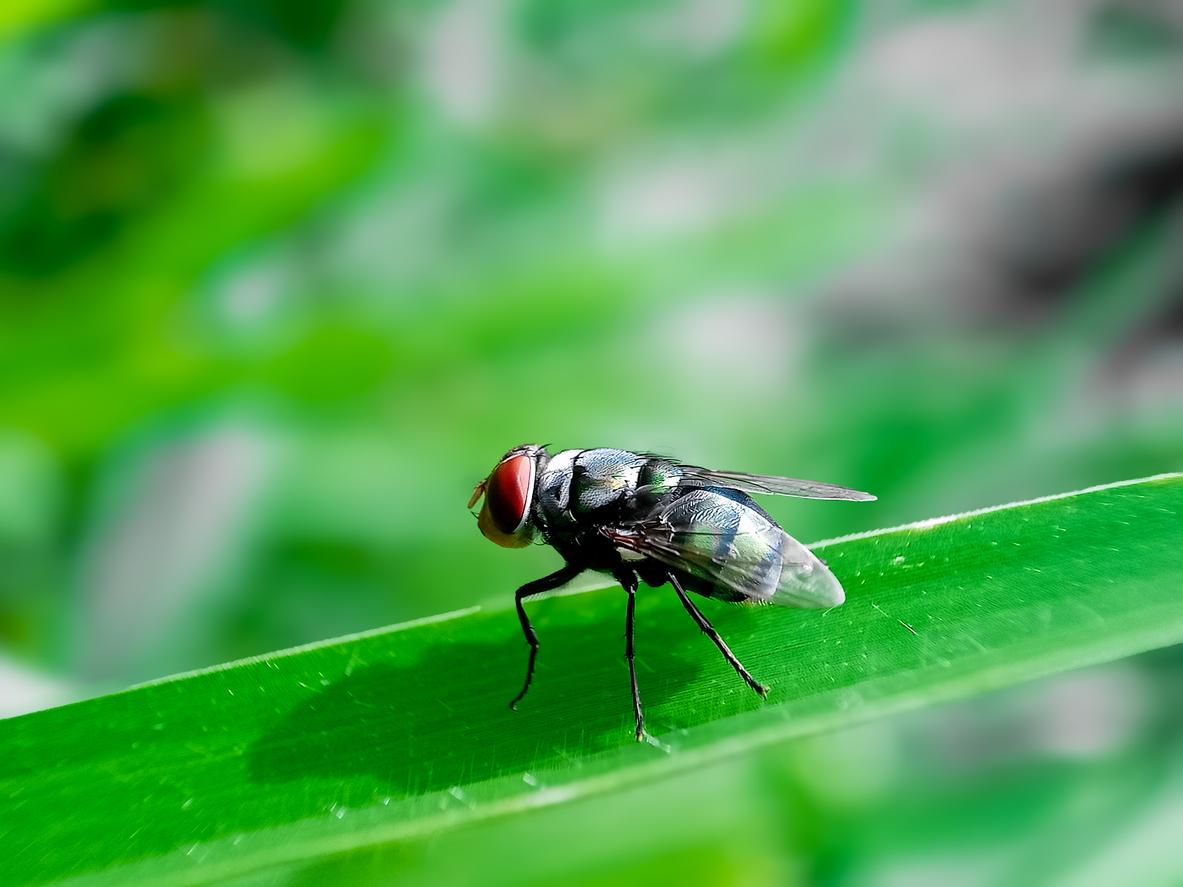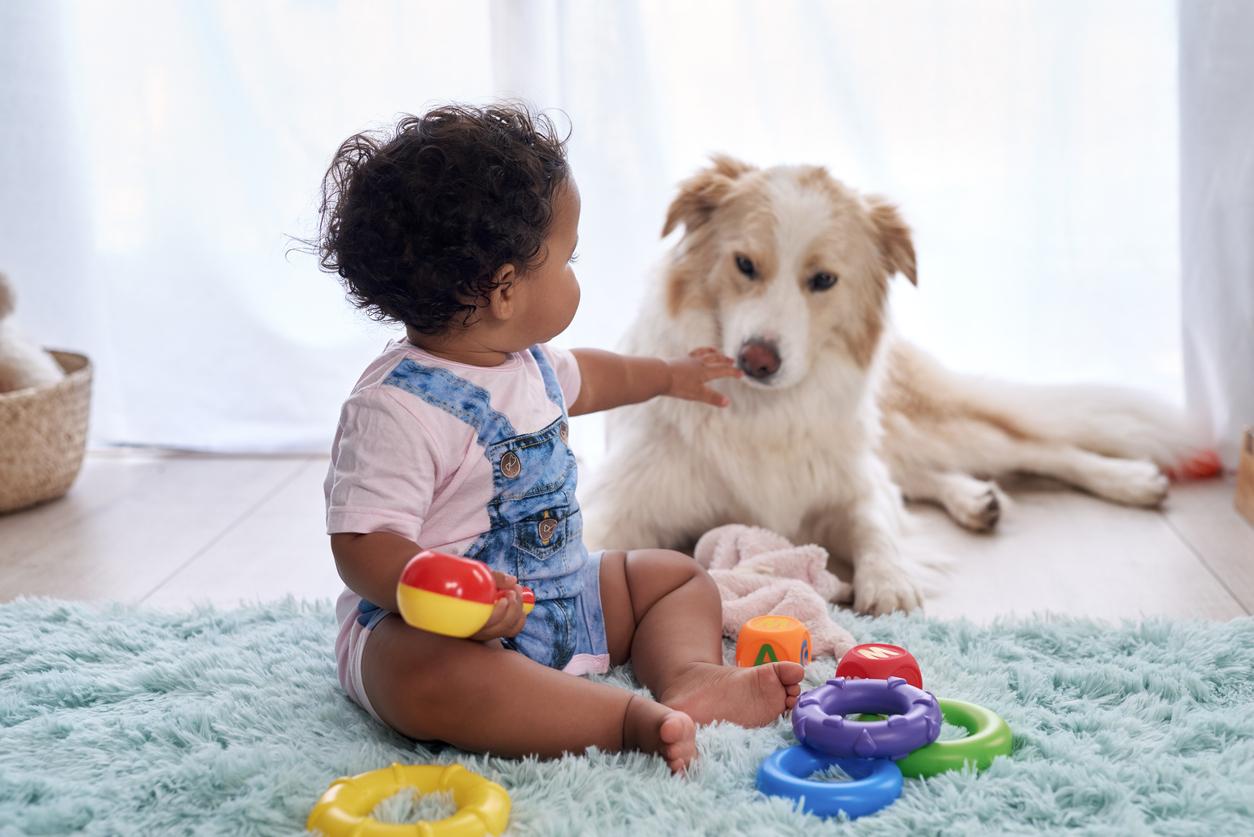Researchers have warned about diseases that pets can transmit to humans, particularly when they lick their faces.

- Animals can transmit diseases to humans. We then speak of zoonosis.
- In the majority of cases, the risk of transmission of an infectious disease from an animal to humans is low, but certain vulnerable populations are more likely to develop a disease.
- Hygiene rules help limit the spread of zoonoses to humans.
Because of our affection, we can easily let our dog or cat lick our face. However, this habit is not without risk. Animals can in particular transmit zoonoses to humans. As indicated the National Agency for Food, Environmental and Occupational Health Safety (ANSES), “the term zoonosis includes very varied diseases” such as salmonellosis, avian or swine flu, coronavirus, hepatic E virus or even rabies.
What diseases can be transmitted by cats and dogs?
In an article published in the media the ConversationSarah McLean, lecturer in environmental health at Swinburne University of Technology (Australia), and Enzo Palombo, Professor of Microbiology at Swinburne University of Technology, took stock of the pathologies that can be transmitted by a pet.
In the majority of cases, the risk of transmission of an infectious disease from an animal to humans is low. But certain vulnerable populations such as pregnant women, children, immunocompromised people and the elderly are more likely to contract an infection transmitted by an animal.
According to the two experts, the saliva and mouths of dogs generally contain the bacteria Capnocytophaga, which can be transmitted to humans in the event of a bite or close contact. These bacteria are particularly dangerous for people with weakened immune systems. In question ? These microorganisms can cause serious illness, sometimes leading to death of the patient.
As for cats, these felines can transmit diseases through the fecal-oral route, such as giardiasis, campylobacteriosis, salmonellosis and toxoplasmosis. “It is therefore particularly important to wash your hands or use gloves when handling your cat’s litter box (…) Cats can also sometimes transmit infections through bites or scratches, including the aptly named claw disease of cats, caused by the bacterium Bartonella henselae”clarified the experts.
Recommendations to protect yourself from the risks of zoonosis
However, several hygiene rules help protect against zoonoses. It is particularly recommended to wash your hands after playing with your pet and after handling its litter, its toys or cleaning its excrement. It’s also best to avoid letting your pet lick your face or wounds.
Another tip: wear gloves when cleaning litter boxes and aquariums. Concerning the surfaces of bird cages, you can wet the surface beforehand, to prevent the diffusion of aerosols.














